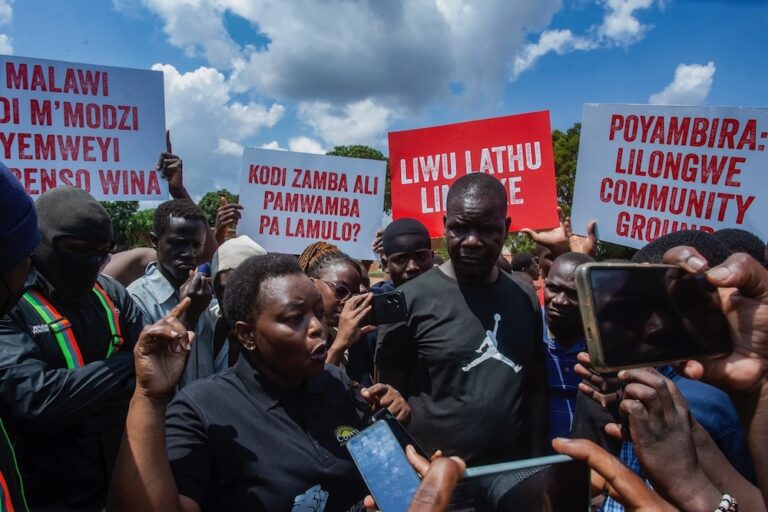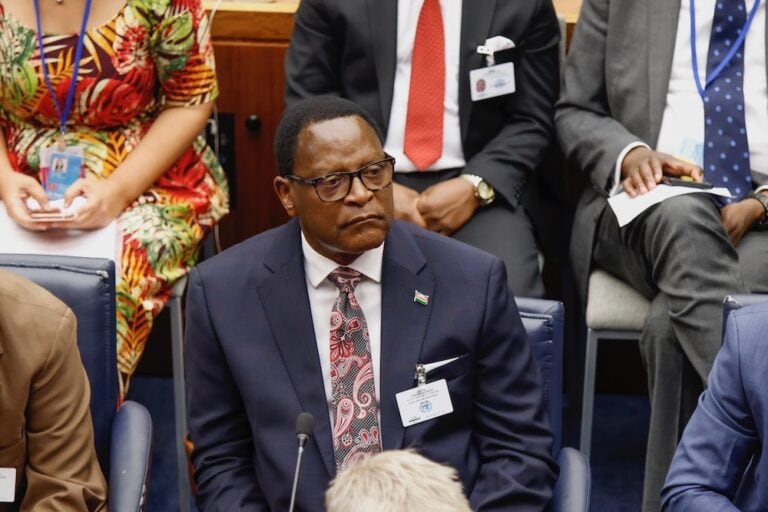(MISA/IFEX) – The Malawi High Court has declared that the decision by the Malawi Communications Regulatory Authority (MACRA) to revoke Joy Radio’s license was unconstitutional, ultra vires and unreasonable, effectively dismissing all cases that MACRA had brought against the private radio station. According to this ruling, it means there is no case between Joy Radio […]
(MISA/IFEX) – The Malawi High Court has declared that the decision by the Malawi Communications Regulatory Authority (MACRA) to revoke Joy Radio’s license was unconstitutional, ultra vires and unreasonable, effectively dismissing all cases that MACRA had brought against the private radio station. According to this ruling, it means there is no case between Joy Radio and MACRA.
Passing his ruling on 16 January 2009, Justice Anacklet Chipeta said MACRA behaved most disgracefully with a lot of irregularities.
“I am in no doubt that the application, herein, should succeed. I accordingly hold that the decision-making process that led to the revocation of radio license was flawed through and through with irregularities.
“I find that MACRA behaved most disgracefully and that it not only acted ultra vires the powers that the law has vested it with, but also without fairness in the sense depicted by the principles of natural justice,” said the judge in his ruling.
On the argument by MACRA that Joy Radio did not comply with orders from the regulatory body on the submissions of broadcasting material, Justice Chipeta said MACRA was being unreasonable.
“The ability on its part to find the applicant guilty of non-compliance . . . it is the one that owed the said applicant an answer before next pressing for compliance . . . both amount to unreasonableness on MACRA’s part.”
In the judicial review, Joy Radio applied for a declaration that MACRA’s decision to revoke its license was unconstitutional, unreasonable, and not in line with Communications Act and the terms and conditions that MACRA had used to grant the license to Joy Radio.
“As a result, I grant to the applicant both the declarations it prayed for,” concluded Chipeta.


